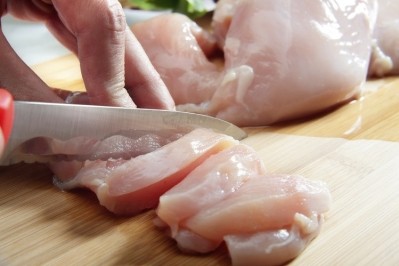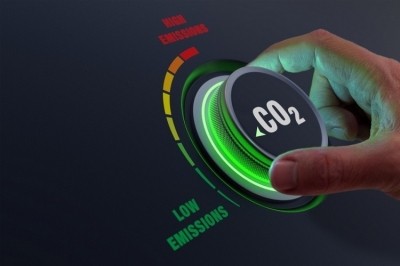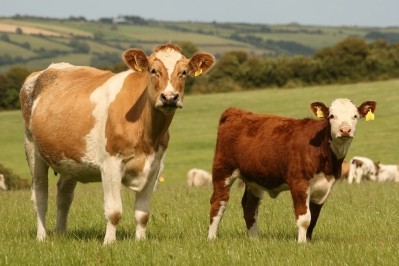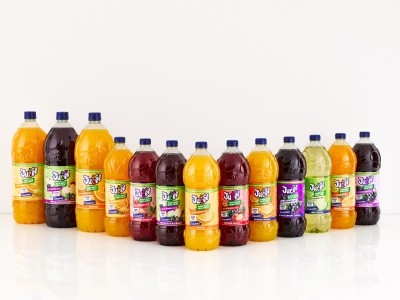Industry response to fresh CO2 supply deal
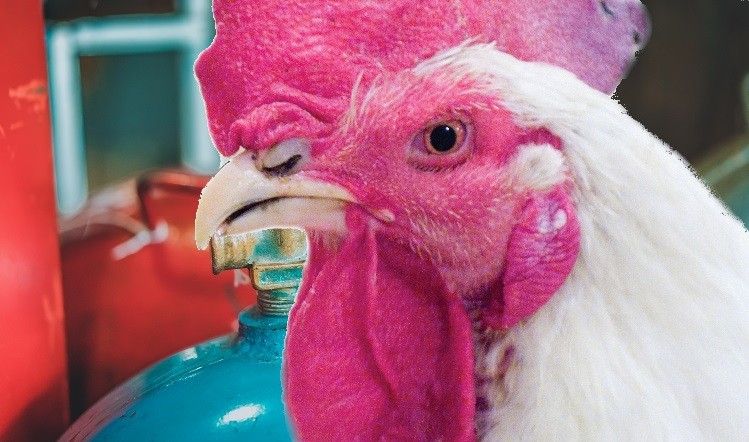
While details on the deal were brief, it is understood that CF Industries will continue to operate its Billingham site – which was due to cease production this week – until the spring, securing supplies of CO2.
CO2 is used for humane stunning of pigs and poultry before slaughter; modified atmosphere packaging (MAP) of products such as cheese; carbonated soft and alcoholic drinks and refrigerant in temperature controlled storage.
British Poultry Council chief executive Richard Griffiths said: “The announcement of an agreement to ensure supplies of CO2 for industries like our own is a good thing. The last thing Britain’s food producers need right now, against a backdrop of high energy prices and food inflation, is more pressure.
“CO2 must be considered something that is in the ‘national interest,’ and we have been working closely with Government to avoid disruption in this area of our supply chain.
‘Tricky period’
“This agreement will enable the Billingham plant to operate as we, along with other sectors, navigate this tricky period of high energy prices and food inflation. We look forward to continuing our work with key Government departments and officials to ensure resilience is built up in this area.”
A spokesman for the British Meat Processors Association (BMPA) said the news was a relief to the meat industry and were grateful that Government was able to step in to broker a deal.
However, its members were stilling in the dark as to how much supplies will cost, but hoped this would become clearer as new orders and contracts start to be processed.
“Higher CO2 prices will certainly add to food price inflation but, for the meat industry – particularly the lamb/beef producers – it’s not a significant component of overall costs,” they added. “However, when many input costs go up at the same time (for example energy and wages) it will inevitably start to put pressure on food prices.
Longer-term concerns
“The longer-term concern would be if CF Industries decided to pull out of UK production in the future but, given the fluctuation in energy and other input prices, it’s hard to predict when or if that might happen.”
Emma McClarkin – chief executive of the British Beer ad Pub Association – said the drinks industry was similarly in the dark as to the details of the new agreement and, while encourage by the deal, requested more information in order to understand the impact on the sector and the longer term sustainability of CO2 supply in the UK.
“Our sector is still reeling from the impact of a devastating winter and face rising cost pressures from all angles,” she added. “A swift resolution to the CO2 supply issue is crucial in ensuring a strong and sustainable recovery for the beer and pub sector.”
The Government previously assured members of the meat processing industry that they would be among the first in line to receive CO2 supplies should stock become scarce.
